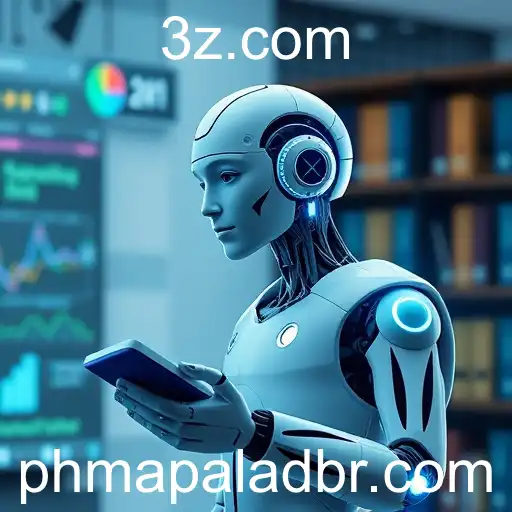
Exploring the role of artificial intelligence in reshaping educational frameworks and outcomes.
The integration of artificial intelligence (AI) into education is emerging as a game-changer, reshaping how knowledge is imparted and received worldwide. As we progress through 2025, educators and technologists are increasingly recognizing AI's potential to personalize learning, automate administrative tasks, and enhance student engagement.
Schools and universities are adopting AI-driven platforms to tailor educational content to individual learner needs. This personalization allows students to pace their learning and delve into subjects that interest them the most, potentially increasing retention rates and passion for education. Moreover, AI-fueled analytics provide educators with insights into student performance, identifying areas where students struggle and ensuring timely interventions.
The role of AI extends beyond the classroom, influencing curriculum development and administration. Institutions are leveraging machine learning algorithms to streamline operations like enrollment, grading, and curriculum planning, which traditionally require significant manual input. This shift not only improves efficiency but also frees educators to focus more on interactive and impactful teaching.
Critics, however, caution that the rise of AI in schools could exacerbate inequalities if not equitably implemented. Schools in lower-income areas may lack the resources to access cutting-edge AI technologies, creating a divide between students with varying socioeconomic backgrounds. Additionally, concerns about data privacy, ethical AI use, and the potential loss of jobs due to automation continue to be debated among policymakers.
Despite these challenges, the dynamic landscape of AI in education presents vast opportunities. As technologies develop, discussions around ethical guidelines and equitable access are crucial to ensure that AI becomes a tool for democratizing education rather than deepening existing divides. Thought leaders and educational institutions must collaborate to create frameworks that ensure that advances in technology serve all students, preparing them for an AI-driven world.
In conclusion, AI's transformative potential in the educational sector is undeniable. Its ability to enhance learning experiences, streamline processes, and adapt to individual student needs presents an unprecedented opportunity to redefine educational norms. As society moves toward a future increasingly intertwined with technology, inclusive discussions and thoughtful applications of AI will be essential in driving positive educational outcomes for everyone.




